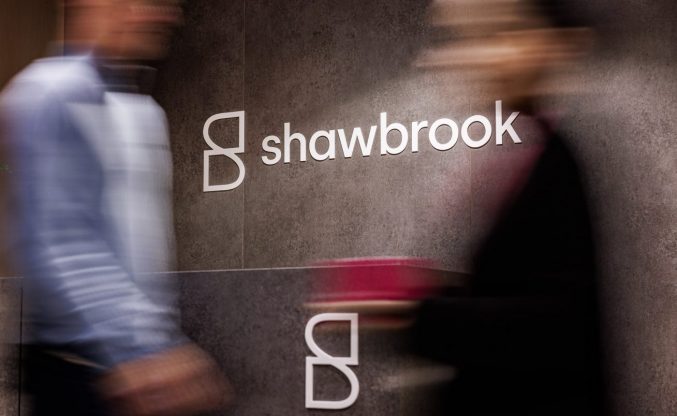OPDA calls for the government to mandate the whole home buying and selling process be digitised within 3 years
By Bridging Loan Directory

Maria Harris, chair of the Open Property Data Association (OPDA) has called for the entire home buying and selling process to be digitised and for this to happen within three years.
Maria Harris gave evidence yesterday, 13th May 2024, at the Commons Select Committee, run by the Department for Levelling Up, Housing and Communities.
The Committee was probing whether the consumer experience of home buying and selling could be improved and whether improvements are likely to by voluntary initiatives or whether legislation may be necessary.
Maria was providing evidence alongside Kate Faulkner, chair of the Home Buying and Selling Group and Paula Higgins, chief executive of HomeOwners Alliance.
Maria called for the entire home buying and selling process to be digitised.
She revealed that for companies using OPDA’s data standard for digital property packs, had seen time reduced from offer accepted on a house and a mortgage, to exchange of contracts in just 15 days, “with zero fall throughs, zero fraud, a much better customer experience and more certainty around the moving date.”
Maria added, “It is also taking hundreds of hours out of the process as that waste of time is not there. So if we had widespread adoption of standards and we digitised the data at source we would reform the [home moving] process dramatically.”
She also called for home sellers to instruct a conveyancer right at the start of the process even before a property was listed.
The Committee questioned the impact of this, and the conclusion was that it would significantly shorten the time period of a house purchase, while providing more certainty that a transaction is likely to go ahead.
Where a similar process operates in Scotland it was revealed that there was very little, if any, drop off due to speculative sales.
The Home Buying and Selling Group gave evidence on the complexity of the current process.
CEO Kate Faulkner revealed there was a list of 300 things that the buyer, lender or removal company may need to know before they actually say yes to a house purchase offer.
There were also potentially 15 companies involved in even a simple purchase.
Kate said, “You don’t know if you’ve bought into the wrong services, you won’t know until it’s too late.
We have fantastic runners in each sector, but we’re not good at passing that baton to each other.
Sometimes you need to pass it forwards and sometimes backwards, but you only need one or two poor quality services in the middle, or a buyer or seller who doesn’t do something they need to, and suddenly the whole thing collapses.”
Maria Harris added, “It’s not helpful that all these batons are based on paper or forms, and they are all slightly different and need slightly different things.
And none of them actually talk to one other. The entire process is siloed and fragmented.
It is based on pushing bits of paper and documents about and manually checking identity, property details or validating information between different systems that don’t speak to each other.
There’s nothing that underpins it, so it is really difficult to get the process from point A to point B, for anyone in the industry.”
Currently, less than one per cent of property information is available digitally.
However Maria went on to say that full digitisation could happen within three years, but warns that the market needs to move collectively and take the same step at the same time.
She said that there is a precedent across other industries from the use of three-pin plugs to the travel industry, where, no matter which airline you use in whichever country, every airport uses the same three-letter code, you have the same scanning system for your bags; tickets and information are in the exact same standard and structure and everybody has to connect to Air Traffic Control and use the same identifiers.
Maria says “It’s just normal – but we don’t have that for the property industry.
It’s actually quite staggering that for such an important purchase and for something that is so complicated, that we don’t have that infrastructure when we have it in so many other things that we just take for granted.”
The OPDA is now calling for other organisations across the industry, from lenders and mortgage brokers, to estate agents and conveyancers, to join the OPDA to help make this change happen and shape the way the digitisation process evolves – before the government mandates it to happen.
Lloyds Bank was the latest organisation to join the OPDA last month.










You must be logged in to post a comment.